A rare celestial visitor is capturing the imagination of astronomers and stargazers alike — an interstellar comet known as 3I/ATLAS is currently hurtling through our solar system. This remarkable object, traveling from beyond the bounds of our Sun’s gravitational reach, marks only the third confirmed interstellar comet ever detected by humanity.
What makes 3I/ATLAS so extraordinary is its origin and trajectory. Unlike comets that orbit the Sun in predictable patterns, interstellar comets are born in other star systems and traverse the vastness of interstellar space. Their visit to our solar system is fleeting, unpredictable, and scientifically invaluable.
Astronomers first spotted this comet thanks to its high velocity and eccentric path, both telltale signs of its alien origin. It is moving so quickly that it cannot be bound by the Sun’s gravity and will eventually exit our system, continuing its journey through the cosmos.
Current observations show that 3I/ATLAS has developed a glowing coma (a cloud of gas and dust) and a distinctive tail — features that light up as it nears the Sun and its ices begin to vaporize. Though it won’t come extremely close to Earth, it’s visible enough through high-powered telescopes and even some live sky-watching streams for astronomy enthusiasts.
The scientific community is abuzz with excitement. Every interstellar object presents a rare opportunity to study material from outside our solar system. By analyzing its composition, scientists hope to gain deeper insights into how planetary systems form in other parts of the galaxy — and perhaps even how life’s building blocks travel between stars.
For casual skywatchers, this is a moment to connect with the cosmos. The comet offers not just a scientific curiosity, but a humbling reminder of our place in the universe. It represents the incredible interconnectedness of galaxies and the mysteries still waiting to be uncovered beyond our solar neighborhood.
About the Author:
Written by Alyssa Rayne, an independent science journalist passionate about space exploration and the wonders of the night sky.

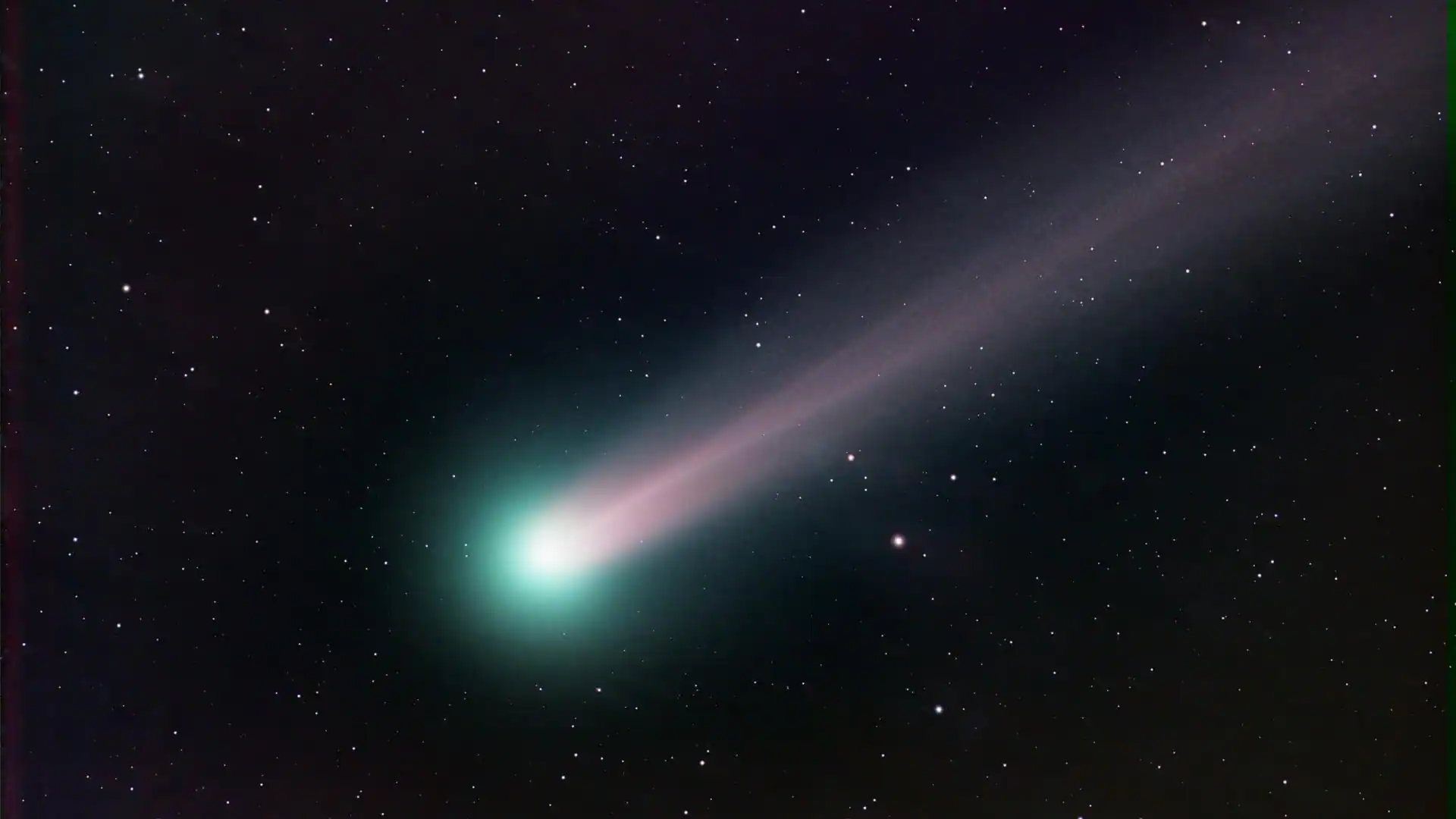

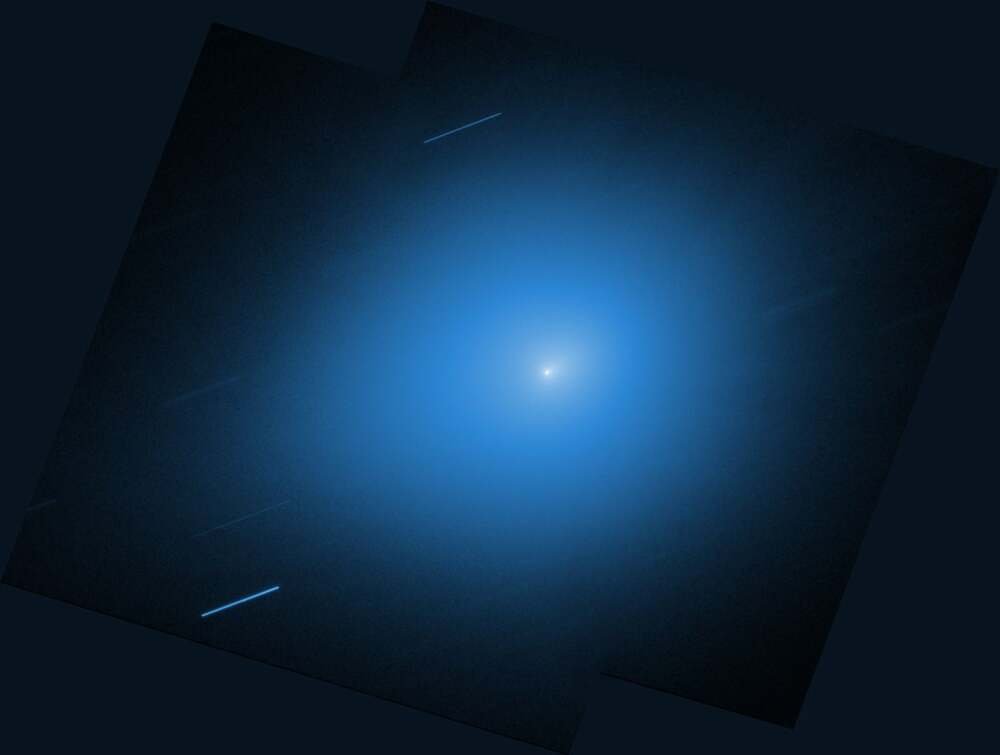
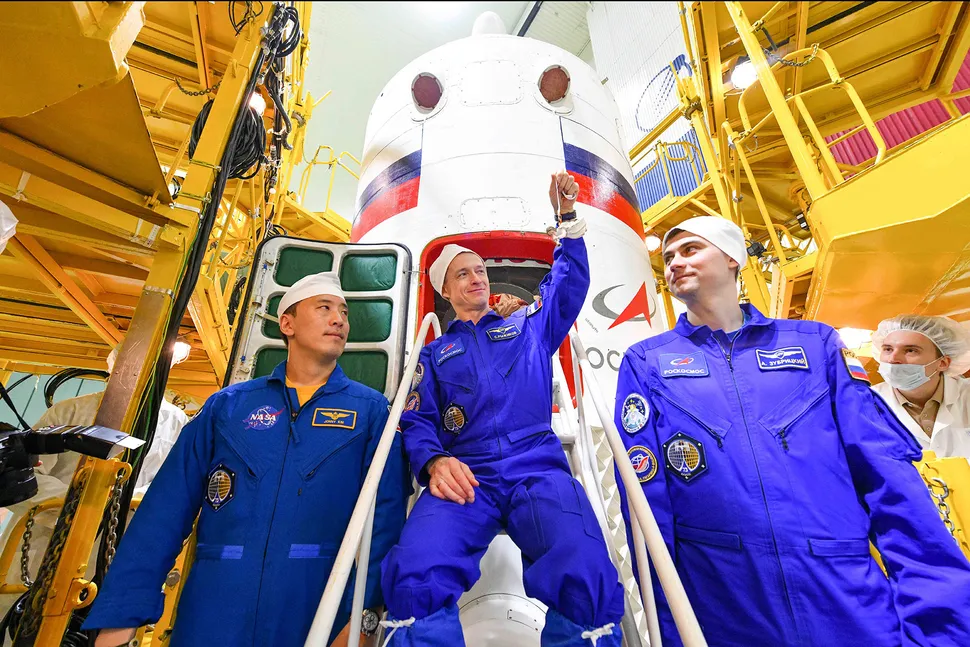
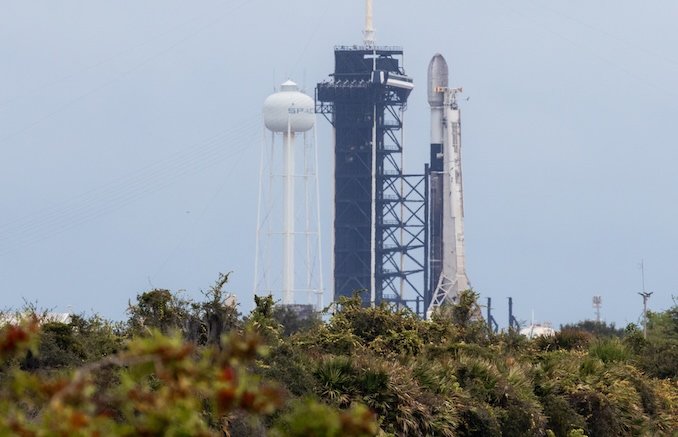
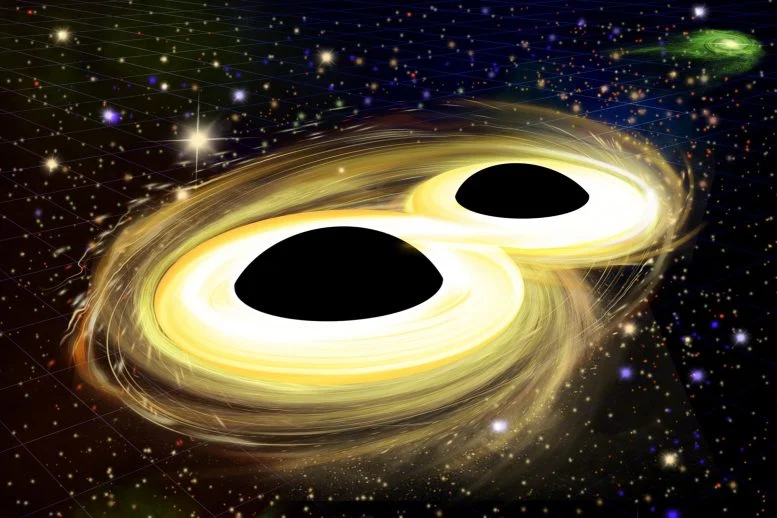


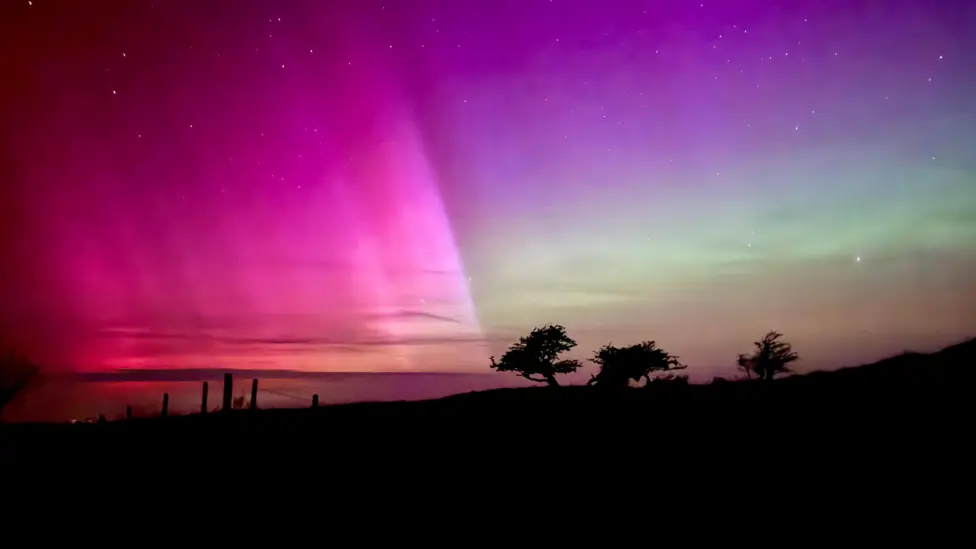
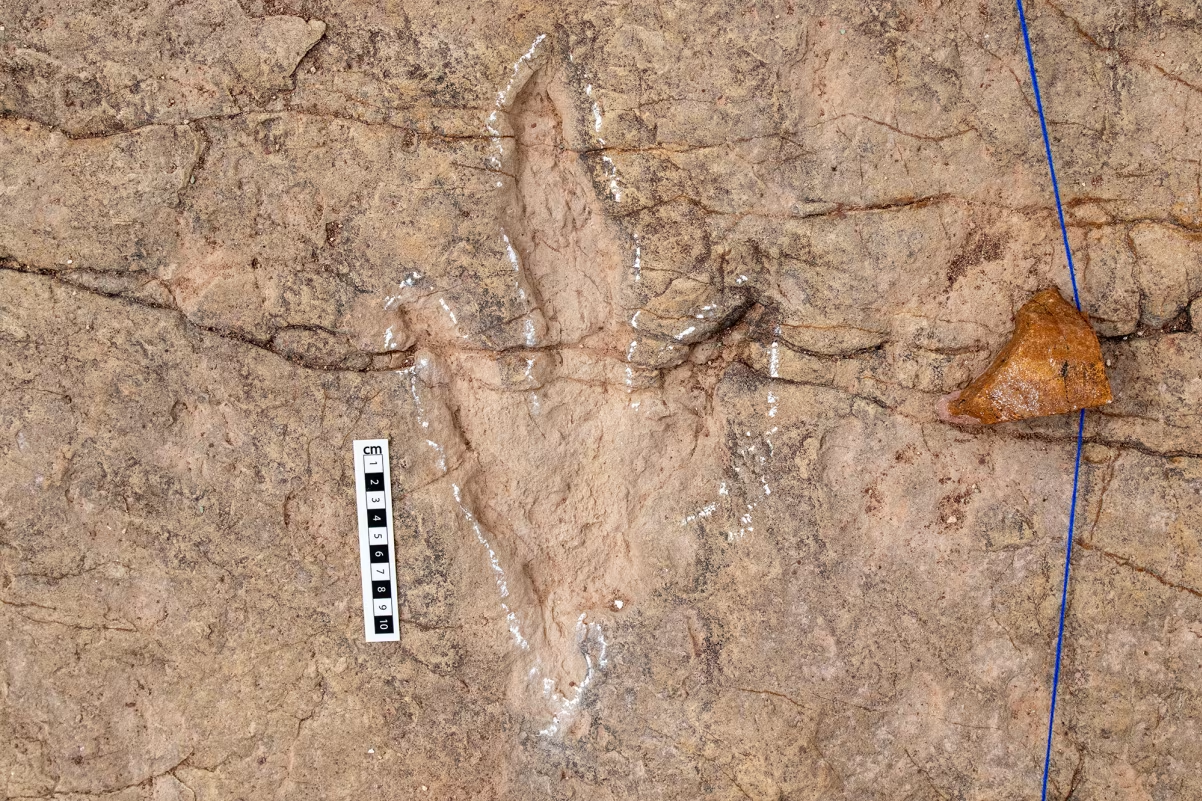





Leave a Reply